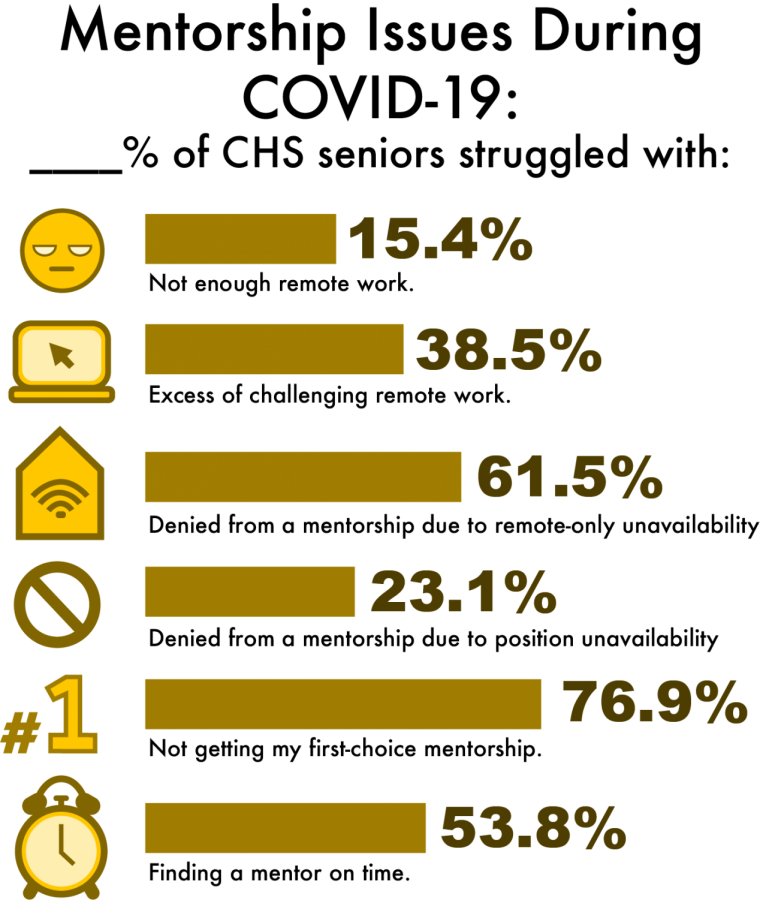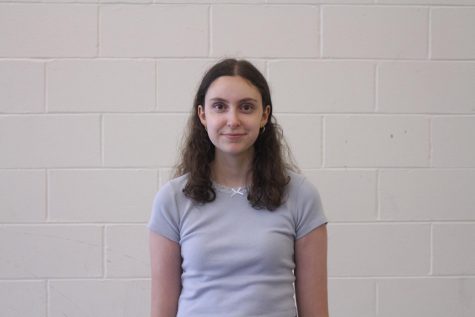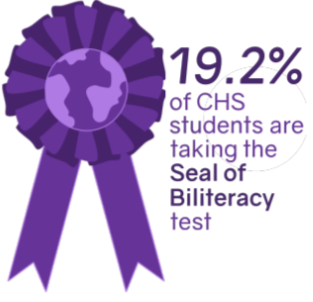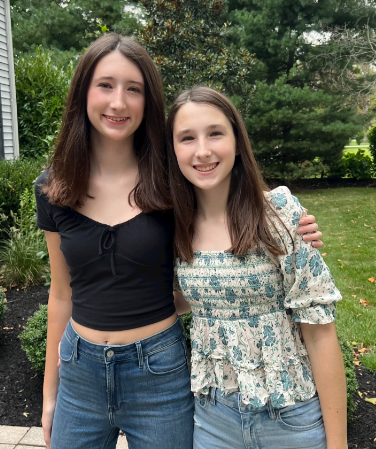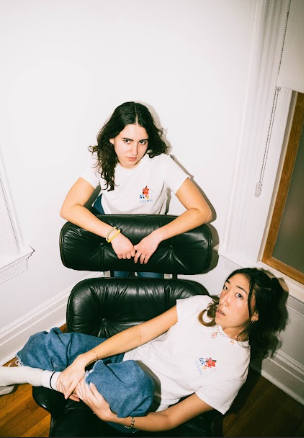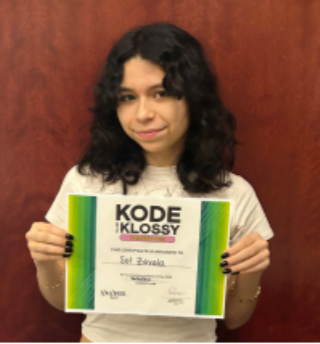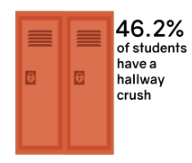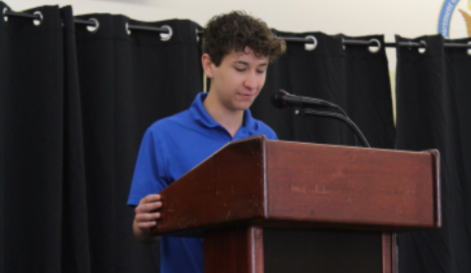Remote mentorships pose new challenges for students
BLOT GRAPHIC BY DANI McLAUGHLIN
A survey of 13 students from Apr. 6 to Apr. 13.
May 5, 2021
After eagerly securing a position at real estate lawyer Joseph C. Lane’s firm for her remote senior mentorship, senior Erin Carr of Wall faced an unexpected setback to starting her role.
“I read Mr. Joseph Lane’s name on the sheet and figured it would be a good opportunity to get a taste for law so I reached out,” Carr said. “He got back to me and said he was interested. We kept up a correspondence and then we scheduled a Zoom call over winter break, which I had to cancel last-minute due to personal reasons.”
After sending a number of emails in an attempt to reschedule their meeting with no response from her prospective mentor, Carr called the office as a last-ditch effort.
A woman picked up the phone, sighed and informed her that Mr. Lane had just passed away.
“Of all the things I was expecting to hear during that call, that was probably at the bottom of my list,” Carr said. “I was shell-shocked.”
While senior Mahita Dasu of Marlboro wasn’t forced to grieve the death of any of her prospective mentors, she also faced challenges in landing a position as 60% of the typical CHS mentorship sites were unable to take on students this school year in a remote setting.
“Finding a mentorship was a bit tricky at first because my first choice wasn’t taking any interns, and then the next place I contacted pulled out at the last minute,” Dasu said. “I had to reach out to four mentorship sites before I landed on the final one.”
While mentorship coordinator Bill Bengle said attaining mentorships this school year has been difficult, the state-mandated all-remote setting has posed even greater challenges for students and mentors alike. Nonetheless, he thinks the third marking period course has run fairly smoothly under these circumstances.
“The program ran a bit better than I expected. A lot of mentors really stepped up to accommodate the changes and offer our students a worthwhile experience,” Bengle said. “I think the biggest challenge is the virtual setting; mentors coming to terms with not seeing students each day. It’s frustrating for everyone. And then there are some students not approaching the program seriously.”
Senior Courtney Campbell of Freehold said her mentorship experience in the marketing department at Vydia, a business which aims to promote artists in the music industry, was valuable overall, but working remotely provided limitations.
“While I think going to the office would have given me a better idea of the work experience, I was still able to take a lot out of my mentorship experience,” she said. “The company I worked with was digital-based so the content was not very different as to if I were in person, but I think going to the office would have been a good experience to have.”
According to Bengle, senior mentorships equip students with field experience just as worthwhile in a remote setting, regardless of its challenges.
“Any time you can take your skill set and apply it someplace outside of the classroom it’s beneficial. Students are getting real-world experience that can be put on their resume. That is priceless in a world that demands experience as a requirement for employment,” Bengle said. “The remote mentorship is a challenge for sure, but it’s no different than the challenges most workers have had to face this past year due to the pandemic.”
Though Dasu initially struggled to land her marketing role at La Magra Consulting, she said her mentorship experience was ultimately worthwhile, as she was offered a paid position at the end of the course conducting research, proofing websites and writing blogs for the company.
“On my last day of mentorship, I talked to my mentor on the phone. She told me how nice it was to have an extra pair of hands day-to-day and then she asked me if I would like to work part time with the company,” Dasu said. “I’ll be doing the same kind of work I’ve been doing during my mentorship. She said she’d pay me minimum wage for the work I’ll do, so I’m excited for that.”
As the initial shock subsided, Carr switched gears after learning of her prospective mentor’s death, and ultimately landed at French and Parrello Associates, a multi-discipline engineering firm. While the aspiring lawyer admitted engineering isn’t a field she previously found interest in, through learning new software and designing a template for employees at the firm, the tragedy gave her an opportunity to explore the profession.
“It allowed me to be creative, and I learned about a field I never would have even given a second look if it wasn’t for the circumstances I was put in,” Carr said. “Ideally, I would’ve been able to do my mentorship at my place of choice and get an insight into what I hope will become my career, but French and Parrello was, overall, a really great experience with an awesome mentor. I’m definitely better off for having the experience, regardless of whether or not it’s something I’ll pursue further.”



